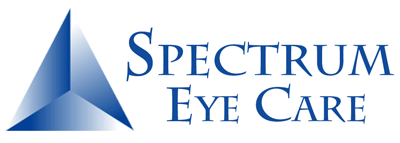Several myths about sunglasses are still floating around today. For instance, there are claims that all sunglasses offer UV protection or that the darker the lens, the better the coverage. Don’t risk your eye health by falling for false information. Read on as Spectrum Eye Care lists the top five misconceptions about sunglasses that you should stop believing.
1. All Sunglasses Provide UV Protection
This couldn’t be further from the truth. While sunglasses can help decrease brightness, not all offer UV protection. The key is to look for sunglasses labeled as offering 100% UV protection, so you know they can effectively shield your eyes from harmful sun rays.
2. Darker Lenses Provide Better Protection
It’s easy to assume this, but it’s not necessarily accurate. The darkness of the lens does not correlate with UV protection. It’s all about the quality of the lens, not the color. So next time you’re shopping for shades, focus less on the tint and more on the quality.
3. Sunglasses Are Only Needed on Sunny Days
UV rays can pass through the clouds and harm your eyes. It may seem counterintuitive, but a reputable optometrist will tell you that wearing sunglasses on overcast days is just as important as wearing them when the sun’s shining bright.
4. Higher-Priced Sunglasses Are Always Superior
Don’t be fooled. While some expensive sunglasses offer great features and stylish designs, the price tag doesn’t guarantee better eye protection. Instead of focusing on the price, consider the fit, comfort and the UV protection level.
5. Sunglasses Aren’t Necessary After LASIK Eye Surgery
It’s crucial to wear sunglasses following such a procedure. Your eyes can be sensitive to light after LASIK eye surgery, and wearing sunglasses can help protect and soothe them.
Whether you need more guidance on ensuring optimal eye health or want to schedule a routine eye exam, we have you covered! At Spectrum Eye Care, our dedicated team of optometrists is here to help clients with their eye care needs. Call us at (704) 543-9000 or complete our contact form to schedule a consultation.

